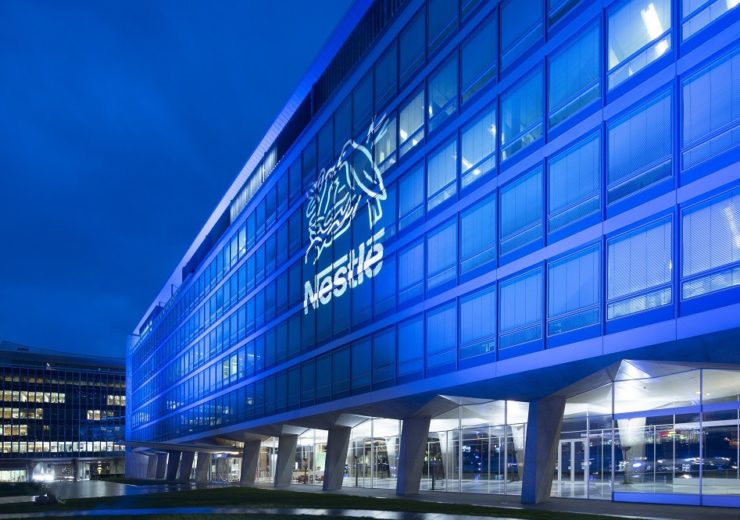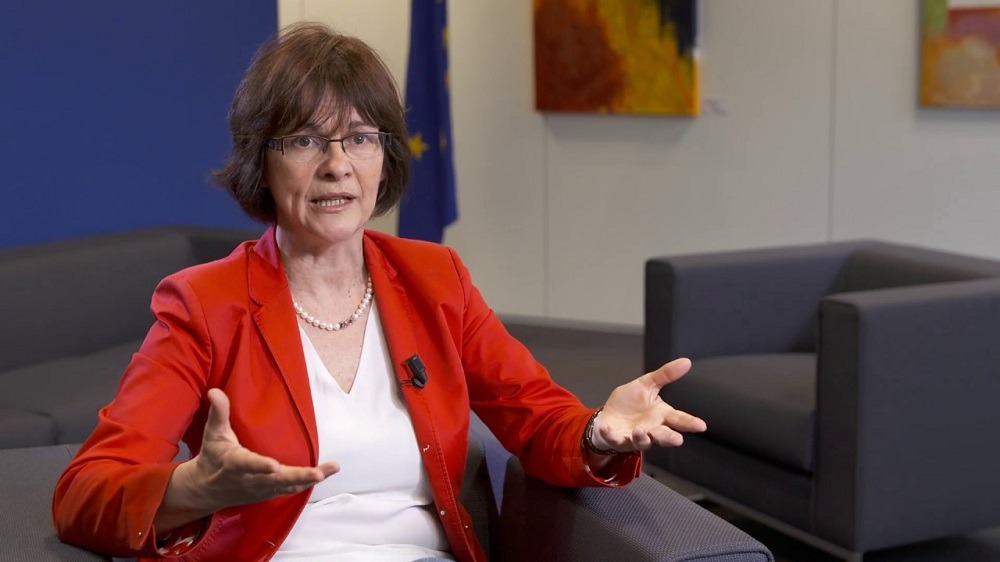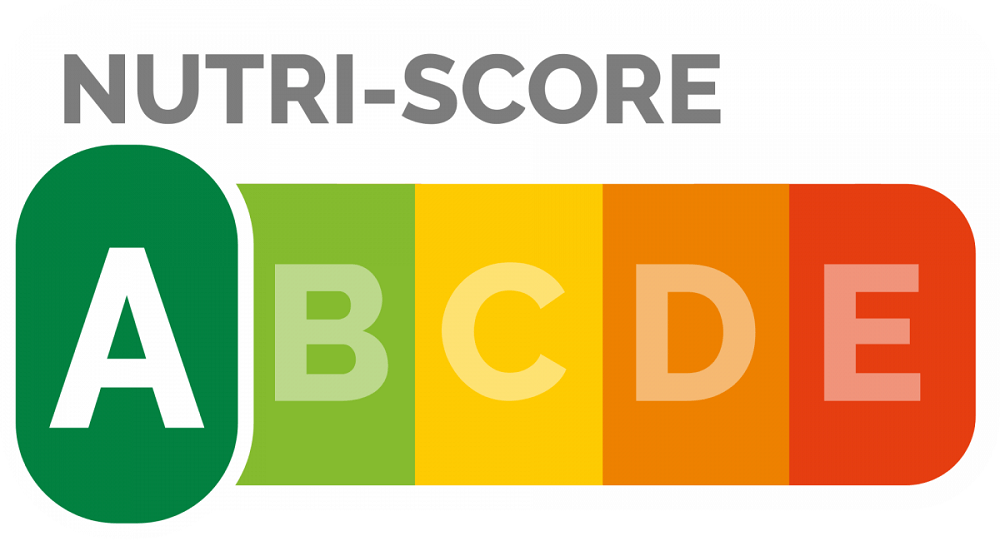The announcement that Nestlé will introduce Nutri-Score comes two years it declared its support for the development of colour-coded labelling in Europe

Nestle headquarters in Vevey, Switzerland (Credit: Flickr, Nestle)
Nestlé has announced plans to introduce the colour-coded Nutri-Score labelling system on its food and drinks packaging in Europe.
The Swiss consumer goods giant said it will be brought in by the end of 2019 in nations that currently support the front-of-pack labelling scheme.
It comes two years after the company declared its full support for the development of a Europe-wide colour-coded labelling system, engaging with industry, public authorities and other partners to explore a range of options for any new scheme.
Launched in France two years ago, the voluntary scheme – backed by a number of consumer associations across the continent – sets a standard for nutritional value in food and drink products.
Macro Settembri, chief executive of Nestlé for Europe, Middle East and North Africa, said: “Our support for Nutri-Score reflects our commitment to good nutrition and informed choices.
“It is also a matter of transparency. Europeans are increasingly eager to know what is in the food and beverages they consume.
“We want to provide them with easy-to-understand nutritional information and do this quickly. Scientific evidence and increasing consumer support show that Nutri-Score is a solution that works in continental Europe.
“We have been committed to improving the nutritional composition of our products for almost 20 years now.
“We are reducing sugars, sodium and saturated fat, and creating more nutritious options.
“In 2018, we launched 750 healthier products for kids and families in Europe, Middle East and North Africa.
“We want to make it easier for families to choose healthier options.”
Petition from European consumer groups to introduce Nutri-Score
This announcement comes a month after seven members of the European Consumer Organisation (BEUC) launched a petition calling for the roll-out of Nutri-Score across the continent.
It has set up the European Citizens’ Initiative, calling on the European Commission to impose the simplified labelling style on food products across the European Union, which it says guarantees consumers are provided with quality nutritional information.

BEUC’s director-general Monique Goyens said at the time: “We know obesity rates continue to rise, and that part of the solution is to make it easier for consumers to make sense of nutritional information on food labels.
“We need strong political will to make it a reality so that consumers across Europe can choose healthier foods more easily.
“A colour-coded label on the front of pack helps busy shoppers compare foodstuffs and spot instantly the healthier yoghurt or snack.
“Being a consumer should not be a full-time job. Few of us have the time to decipher complex figures on the back of packages at the supermarket.
“This European Citizens’ Initiative suggests to the EU a very concrete course of action, by adopting a nutrition label which has proven its effectiveness.
“There’s no more time to waste to make the healthy choice easier for consumers – EU decision-makers must urgently heed our call.”
What is the Nutri-Score system?
The Nutri-Score system is a style of labelling that converts the nutritional value of products into a code that consists of five letters, each including a colour ranging from green to red.
It gives each individual item in a food or drink product a nutritional value per 100 grams or millilitres for both positive and negative nutrients.

Once these have been determined, the positive points are subtracted from the negative ones and converted into a letter and colour.
The best score is A – indicating the best nutritional value – and the worst rank is E.
The scheme was first adopted by France in 2017, before its neighbour Belgium followed suit two years later.
Speaking at the time, Belgium’s minister for health Maggie De Block said: “It is a shared responsibility of all of us to improve dietary habits.
“The Nutri-Score helps us to make healthy choices more easily and it encourages producers to improve the quality of their food even more.
“With the Nutri-Score we are taking another step towards a healthier life.”
